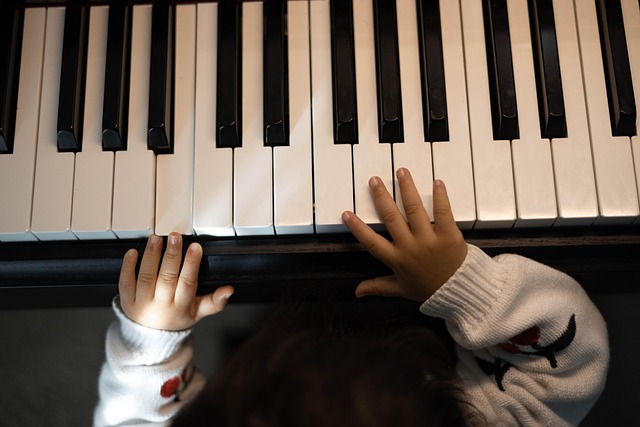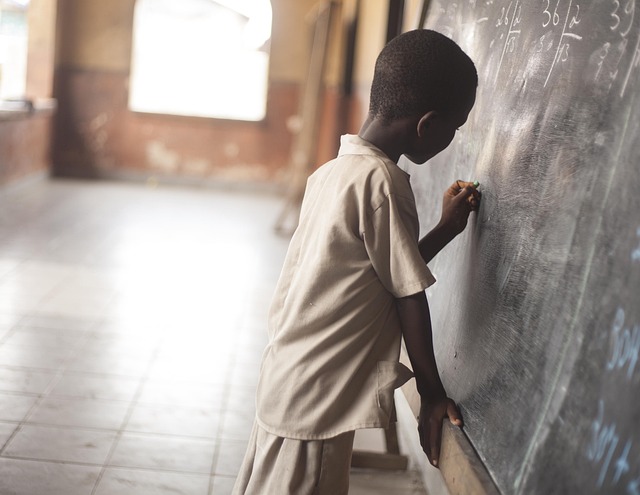Karachi's education system relies on standardized testing for performance comparison, but this approach has limitations. Socio-economic disparities are reflected in test scores, and biases favor academic prowess over creativity. Critics argue that privileged students benefit disproportionately from costly preparation courses. High-stakes testing creates stress and narrows learning to test prep. To create a more equitable system, Karachi should move beyond standardized tests using alternative methods like portfolio assessment, project-based learning, and personalized feedback, fostering critical thinking and diverse talents. Successful shifts away from traditional testing show positive outcomes, suggesting that reevaluation can lead to deeper learning experiences in the vibrant urban environment of Karachi.
In Karachi, as in many cities worldwide, standardized testing dominates educational assessment. This article delves into the current state of these tests in the city, examining their challenges and criticisms from parents, educators, and policymakers. We explore alternative assessment methods gaining traction globally and present successful case studies of reevaluation efforts in Karachi. Ultimately, we offer recommendations for reform to create a more holistic and effective educational system tailored to Karachi’s unique needs.
- The Current State of Standardized Testing in Karachi: A Snapshot
- Challenges and Criticisms: Uncovering the Issues
- Alternative Assessment Methods: Exploring New Horizons
- Case Studies: Successful Reevaluations Around Karachi
- Shaping the Future: Recommendations for Reform
The Current State of Standardized Testing in Karachi: A Snapshot

In Karachi, standardized testing serves as a cornerstone of the education system, aiming to assess student performance and ensure quality across schools. However, the current state of these tests reveals both strengths and significant challenges. On one hand, they provide a standardized metric for comparing students and schools, enabling identification of areas needing improvement. This data is crucial for policymakers and educators seeking to enhance teaching methodologies and curriculum design.
Yet, Karachi’s diverse educational landscape presents complexities. Inequalities in access to quality education among different socio-economic groups are reflected in test scores. Furthermore, concerns arise from potential biases in test design and the narrow focus on academic prowess, overlooking essential skills like creativity and critical thinking. These factors necessitate a reevaluation of standardized testing in Karachi to create a more equitable and holistic assessment system aligned with the city’s diverse educational needs.
Challenges and Criticisms: Uncovering the Issues

Standardized testing, a common practice in educational systems worldwide, has faced intense scrutiny and criticism, especially in urban centers like Karachi. One of the primary challenges is its inability to assess complex skills and talents that extend beyond multiple-choice questions. Critics argue that these tests often favor students from privileged backgrounds who can afford expensive preparation courses, widening the already existing gap between socio-economic groups.
Additionally, there are concerns about the high-stakes nature of standardized testing, where a single exam result can determine a student’s future prospects. This pressure can lead to increased stress and a narrow focus on test preparation rather than holistic learning. In Karachi, with its diverse population and varying educational needs, reevaluating these tests is crucial to ensure a more equitable and effective education system that caters to all students’ unique abilities and backgrounds.
Alternative Assessment Methods: Exploring New Horizons

In today’s diverse educational landscape, particularly in metropolitan areas like Karachi, it’s imperative to explore alternative assessment methods beyond traditional standardized testing. The bustling city, known for its vibrant and vast academic institutions, can benefit from innovative approaches that cater to a wider range of student abilities and learning styles. One such method gaining traction is portfolio assessment, where students compile evidence of their work over time, showcasing their growth and understanding.
This shift towards alternative methods challenges the status quo in Karachi’s educational systems. Rather than relying solely on standardized tests, schools can implement projects, presentations, and practical demonstrations that allow students to demonstrate mastery in unique ways. Such an approach not only enhances learning but also prepares students for real-world applications, fostering critical thinking and problem-solving skills essential for success in diverse careers.
Case Studies: Successful Reevaluations Around Karachi

In recent years, several case studies in Karachi have highlighted successful reevaluations of standardized testing practices. These initiatives have focused on shifting from traditional high-stakes assessments to more holistic evaluation methods that better reflect student learning and diverse talents. For instance, some schools within Karachi’s urban landscape have adopted project-based learning assessment models, allowing students to demonstrate their understanding through creative projects and presentations. This approach has not only enhanced student engagement but also provided a more comprehensive view of each learner’s capabilities.
Additionally, pilot programs in select public and private institutions have introduced portfolio assessments, where students compile evidence of their work over time. This strategy enables educators to track individual progress and provide tailored feedback. The positive outcomes observed in Karachi suggest that reevaluating standardized testing can lead to more effective teaching and learning experiences, fostering a deeper understanding among students and offering a more nuanced evaluation of their skills and knowledge.
Shaping the Future: Recommendations for Reform

In shaping the future of education, it’s crucial to reevaluate standardized testing in Karachi and across current systems. Beyond measuring academic achievement, tests should foster critical thinking, creativity, and problem-solving skills—qualities vital for success in a rapidly evolving world. This reform is not merely about tweaking existing practices but fundamentally reimagining how we assess learners’ potential.
For meaningful progress, educators and policymakers in Karachi must advocate for a balanced approach that integrates diverse assessment methods. This includes project-based assessments, performance tasks, and portfolio evaluations that capture the multifaceted nature of learning. By moving away from high-stakes testing alone, we can create an educational environment that encourages intellectual curiosity, fosters personal growth, and prepares students to thrive in Karachi’s dynamic urban landscape and beyond.
Standardized testing in Karachi, while historically prevalent, faces significant challenges and criticisms. The current system’s limitations have prompted a reevaluation of alternative assessment methods, as highlighted by successful case studies across the city. By exploring innovative approaches, we can create a more holistic and effective educational landscape in Karachi, fostering better-prepared students for the future. Implementing these reforms will require collaborative efforts between educators, policymakers, and communities, ultimately revolutionizing how we measure academic progress.
